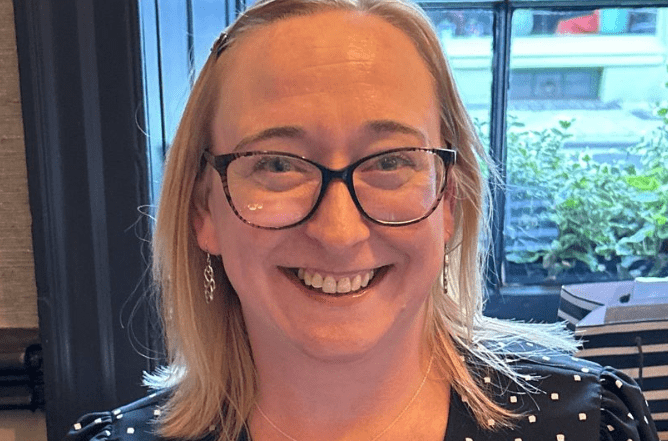Nicola Packer, who was recently cleared in a high-profile abortion case, has announced plans to file formal complaints against the Metropolitan Police, the Crown Prosecution Service (CPS), and the NHS over what she describes as deeply distressing treatment throughout the investigation.
The Nicola Packer abortion case has reignited national debates around compassion in care, the criminalisation of abortion, and systemic accountability.
Woman cleared of illegal abortion says treatment was ‘traumatising’
Last month, a jury found 45-year-old Nicola Packer not guilty of unlawfully administering abortion medication with intent to procure a miscarriage—charges she faced after taking prescribed pills when she was around 26 weeks pregnant.
That exceeded the legal 10-week limit for home use and even the 24-week limit for abortion in England and Wales.
She told the court she was unaware she was that far along in her pregnancy. After taking the medication at home in November 2020, Ms Packer brought the foetus in a backpack to Chelsea and Westminster Hospital, where she spent the night. She was arrested the following day.
Speaking to the BBC, Ms Packer described the ordeal as traumatising.
“It’s really making me feel sick – the way everything was handled. I did not need to go straight from the hospital to the police station. I could have gone home and recuperated for a couple of days,” she said.
Her remarks underscore the emotional toll of the Nicola Packer abortion case, as she prepares to lodge complaints over how she was treated by authorities.
Audio obtained by the BBC reveals a senior Metropolitan Police officer admitting internal concerns over how the investigation progressed.
“There are definitely valid discussions… around whether that arrest, in the circumstances, was best for Nicola. It’s not something that sits well with us,” the officer is heard saying.
The audio sheds light on discomfort within the police force about being placed in the middle of such sensitive reproductive matters. He described criminalisation of abortion as an “uncomfortable area” for policing.
Consultant gynaecologist Dr Jonathan Lord, who now advocates for Ms Packer, described the handling of the case as “utterly shocking.” He attended the 2020 meeting where key decisions were made and has since backed Ms Packer’s intention to file complaints.
“The organisations aren’t accepting any accountability for the harm they are causing, but are hiding behind the law,” said Dr Lord.
He also argued that failure to admit errors reflects a “toxic culture” across multiple institutions. Dr Lord believes the Nicola Packer abortion case exemplifies why UK abortion laws must be modernised.
The case has bolstered efforts to reform abortion laws in England and Wales. The Royal College of Obstetricians and Gynaecologists (RCOG) deemed the trial an example of “how outdated and harmful” current legislation is.
RCOG has recommended:
- No automatic police involvement unless the woman consents
- Patient care should be prioritised over legal reporting
An amendment to the Crime and Policing Bill, which would decriminalise abortion actions taken by women regarding their own pregnancies, has gained the backing of over 60 MPs. Advocates are hopeful for a vote as early as June.
A Metropolitan Police spokesperson acknowledged the difficulty of the case and claimed officers acted “impartially and without favour.”
The CPS initially found insufficient evidence, but the Met Police requested a review, standard procedure according to the force. After reassessment, the CPS proceeded with charges.
“The role of the Crown Prosecution Service in this case was not to decide whether Nicola Packer’s actions were right or wrong. But to make a factual judgement about whether she knew she was beyond the legal limit,” a CPS spokesperson stated.
Meanwhile, Chelsea and Westminster Hospital issued a statement supporting their staff: “At the time, our staff acted in line with the processes and guidance available to them.”
Ms Packer, however, remains angry, particularly at the hospital midwives. “For calling the police when they really didn’t have to,” she told the BBC.
The Nicola Packer abortion case has become a catalyst for broader discussions about healthcare compassion, legal reform, and the role of police and prosecutors in deeply personal medical matters. It has underlined the risks women face under current laws and the urgent need for reform to prevent future trauma.
While Ms Packer has been legally cleared, the emotional and psychological impact of her experience remains.
Her planned complaints against the NHS, CPS, and police bring into focus an uncomfortable question: are existing systems equipped to treat such sensitive cases with the empathy they require? The outcome of her next steps may well influence the future of abortion policy and women’s rights in the UK.






